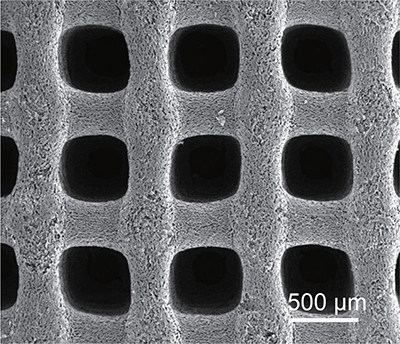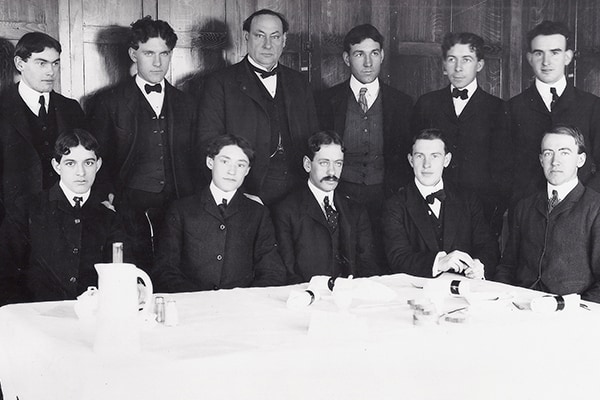Polycyclic Aromatic Hydrocarbons (PAHs) are a large reservoir of reactive carbon in the interstellar medium that play a significant role in star and planet formation. These molecules have been observed both in our galaxy and numerous others by NASA telescopes and can even be found on Earth in engine exhaust and the char on a grilled hamburger. But what is the relationship between interstellar PAHs and those found on our planet, and what can that tell us about the makeup of the universe?
Astrochemist Brett McGuire of the Massachusetts Institute of Technology led the GOTHAM research collaboration that in 2021 became the first scientists to identify individual molecules of PAHs via radio observations of the Taurus molecular cloud. This breakthrough will enable astrochemists to investigate the detailed chemical pathways for the formation and destruction of these complex molecules, which until now have only been observed en masse. Register now to discover how we study molecules in space, why PAHs are important to both interstellar chemistry and understanding the origins of life on Earth, and what are the current efforts to understand the chemistry of PAHs in the wake of the GOTHAM collaboration's discovery.
This ACS Webinar is moderated by Kyle Crabtree of the University of California, Davis and is co-produced by the ACS Astrochemistry Subdivision.
What You Will Learn
- How we study molecules in space, including detections of PAH molecules via their rotational transitions using Green Bank Telescope observations of the Taurus Molecular Cloud (TMC-1) from the GOTHAM collaboration
- Why Polycyclic Aromatic Hydrocarbons (PAHs) are important to interstellar chemistry
- Methods for studying the chemistry of PAHs from Earth, including astrochemical models and laboratory spectroscopy











